Since the release of Star Wars: The Rise of Skywalker, there’s been a lot of digital ink spilled debating the film and the entire Star Wars sequel trilogy. One of the big debates centers around the way in which Disney managed the brand. It has become increasingly common to argue that the company needed a plan for the three films and that a lot of the problems with the three films would have been solved if they had been mapped out in advance. It is easy to understand the basis of this argument.
The pot was recently stirred when Daisy Ridley appeared on Jimmy Kimmel Live and told guest host Josh Gad that Rey’s parentage was a matter of debate throughout the entire development cycle: Initially, Rey was supposed to be related to Obi-Wan Kenobi (Ewan McGregor), then to come from nowhere, then revealed to be the heir of Emperor Palpatine (Ian McDiarmid). Similarly, her co-star John Boyega called out the company for not knowing what to do with characters of color.
These are fair criticisms. The reveal of Rey’s lineage in The Rise of Skywalker was so poorly handled that details of it had to be “patched” in supplemental material that helpfully clarified whether or not Sheev Palpatine was sexually active while on the throne. The character of Rose Tico (Kelly Marie Tran) had been introduced as an important part of the universe in The Last Jedi but was sidelined in The Rise of Skywalker. Theoretically, planning this stuff in advance might prevent such missteps.
Of course, this idea of “planning” the sequel trilogy in advance is a simple solution to a complex problem. It ignores the simple reality that just because something is planned doesn’t mean that it will satisfy the fan base. Had the company sat down and planned the three films in advance when it bought Lucasfilm in October 2012, Disney most likely would have settled on a plan that a significant number of fans didn’t like in the first place.
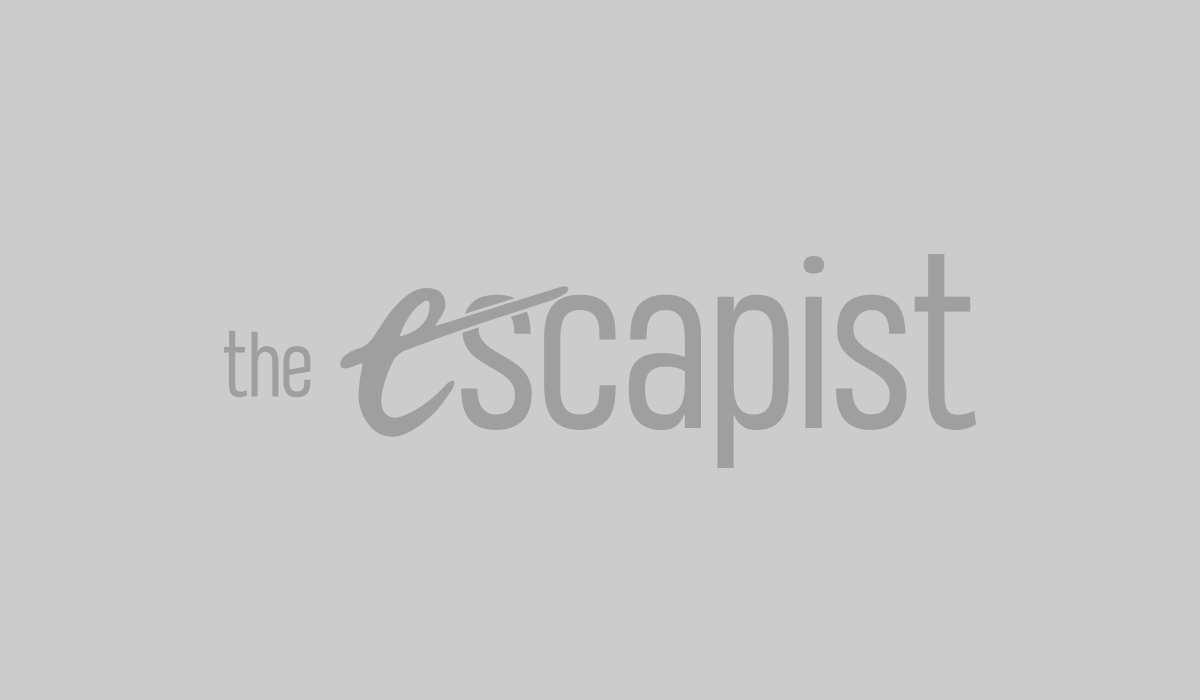
After all, the only stretch of the Star Wars filmography with a predetermined endpoint and a rough roadmap was the prequel trilogy, guided by George Lucas. While the fandom appears to have retroactively venerated Lucas, the reaction against the prequel trilogy at the time was so vitriolic that child actor Jake Lloyd described his post-Star Wars life as “a living hell,” and the “media backlash” drove actor Ahmed Best to consider ending his own life.
Similarly, the established fanbase was no more welcoming to Zack Snyder’s planned Superman saga that would stretch from Man of Steel through Batman v Superman and into Justice League. The backlash to Snyder’s plans was so visceral that Warner Bros. would heavily retool Justice League, replacing Snyder with Joss Whedon and producing a film that largely served as an erasure of what came before. A plan is not a guarantee of success.
In some cases, it can become a trap. Helmuth von Moltke reportedly said in effect that “No plan survives contact with the enemy.” Mike Tyson less eloquently argued, “Everybody has a plan until they get punched in the mouth.” It is notable that many of the best serialized narratives were not the result of meticulous planning and careful choreography, but instead of improvisation and innovation on the part of those in creative control.
George Lucas didn’t know that Darth Vader (David Prowse, James Earl Jones) would be the father of Luke Skywalker (Mark Hamill) until the second draft of The Empire Strikes Back. At the time, the bold decision shocked and confused fans and even the actors themselves. However, it was a bold decision that was ultimately vindicated by history. A rigid plan for the Star Wars franchise mapped out in advance would have prevented this development and robbed the franchise of a defining moment.
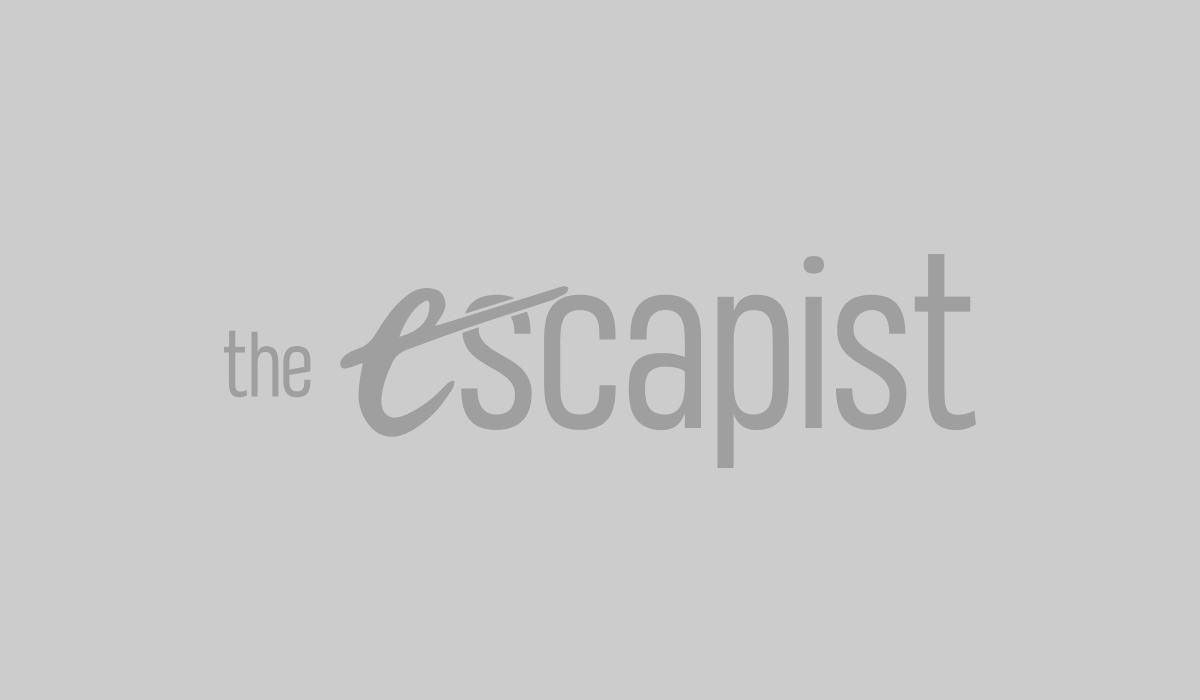
There are plenty of other examples. The final season of Breaking Bad opens with Walter White (Bryan Cranston) buying an M60 machine gun, but showrunner Vince Gilligan admitted that the writing team had no idea why he was buying it until much later in the year. Kim Wexler (Rhea Seehorn) has become the breakout character on the prequel Better Call Saul, despite the writing staff’s initial expectations that she would “fall out of importance” as the show developed.
The writers on Star Trek: Deep Space Nine would frequently change the direction of the entire show based on late rewrites of standalone episodes like “Improbable Cause” or “In Purgatory’s Shadow.” Christopher Nolan approached his Dark Knight trilogy “one film at a time,” which allowed him to adapt to events outside the narrative, such as the tragic passing of Heath Ledger. Indeed, there is a lot to be said for dexterity in writing and plotting something like this.
Had Disney agreed on a plan for the sequel trilogy in October 2012, it seems unlikely that the films would have retained a contemporary cultural resonance. The Rise of Skywalker might have bungled the arc of Kylo Ren (Adam Driver), but both The Force Awakens and The Last Jedi were able to use the character as an avatar of and window into cultural shifts that became obvious after Disney purchased Lucasfilm. The Last Jedi is as much a 2017 movie as the original Star Wars is a 1977 movie.
So The Rise of Skywalker did not need a plan crafted years in advance; what it needed was a bold creative vision and something that was worth saying. After all, The Force Awakens and The Last Jedi both performed well with critics, both earned “A” CinemaScores, and both were the highest grossing movies of their respective years. With The Rise of Skywalker, the train came off the tracks: the worst reviews for a live-action Star Wars film, the saga’s lowest CinemaScore for a live-action film, the sequel trilogy’s lowest box office, and only the seventh-highest box office returns of the year.
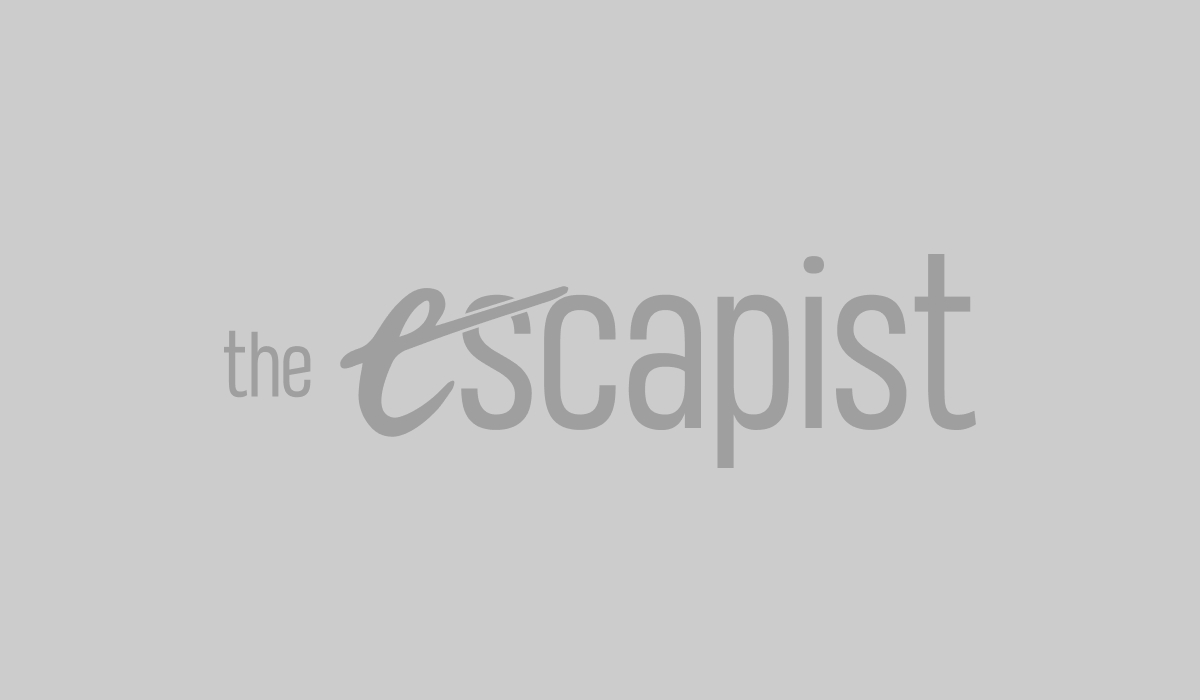
The Force Awakens was an exercise in nostalgia, effectively a faithful (sometimes too faithful) recreation of the original Star Wars, but at least it found something interesting in foregrounding characters who never got to be heroes of a story like this — the franchise’s first cinematic female protagonist, a black stormtrooper, a fighter pilot played by a Guatemalan American actor. The Last Jedi was a potent meditation on the franchise’s core themes for a new generation.
In contrast, The Rise of Skywalker was mostly a negation of The Last Jedi. An early scene in the movie finds Kylo Ren repairing the helmet he destroyed in The Last Jedi. Is there any reason for this action within the world of the movie? Most speculation points to outside marketing factors, suggesting that putting Kylo Ren back in a mask makes it easier to use the character at Disney World or that covering his mouth would make it easier to dub the character in post-production for late rewrites.
Indicators point to a production cycle on The Rise of Skywalker that was troubled at best. Without resorting to internet conspiracy theories or speculation, it is known that J.J. Abrams inherited the project just two years before its scheduled release, and directly following the departure of Colin Trevorrow, Matt Smith was cast in a “key role” and then cut entirely, while some of Adam Driver’s lines were changed so late that the dub was recorded in the actor’s closet rather than a studio.
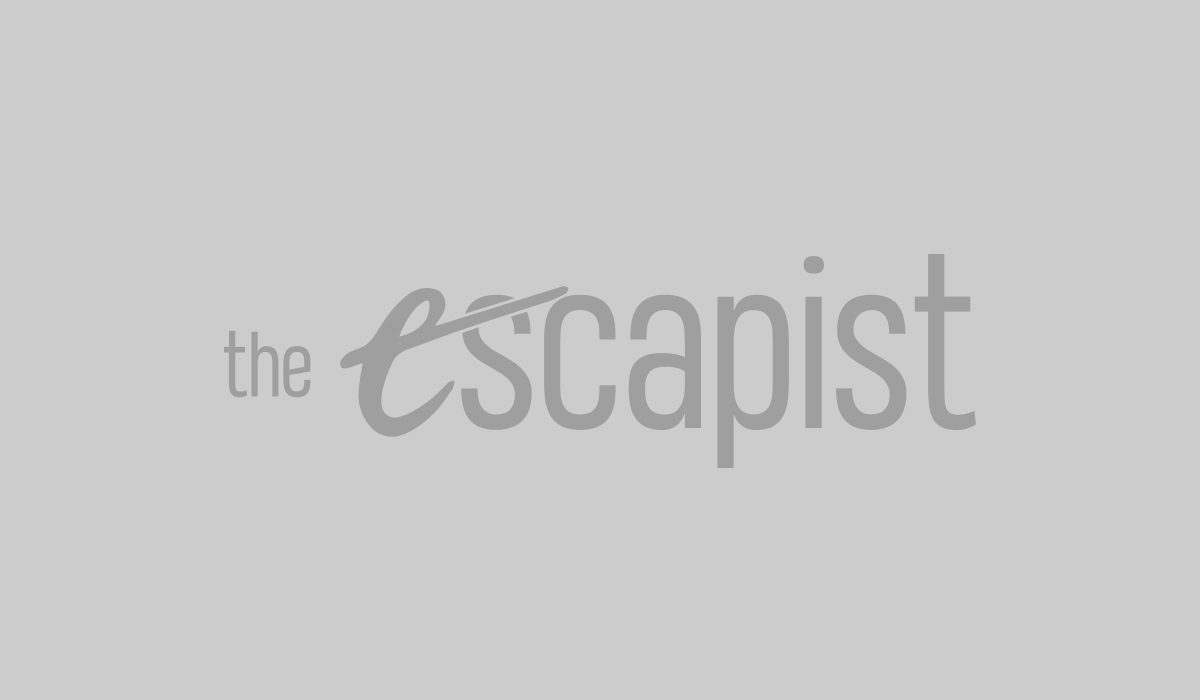
None of this suggests that there was a strong creative vision guiding The Rise of Skywalker. It suggests a film in a state of constant flux. Some critics complained that The Last Jedi represented a rejection of The Force Awakens, but Rian Johnson’s film had a clear and consistent through line that challenged its predecessor in the way that most good sequels do. In contrast, The Rise of Skywalker doesn’t even know what it is, let alone how it meaningfully relates to the previous films.
More fundamentally than that, what is The Rise of Skywalker actually about? What is it actually saying? It is possible to intuit a theme from various plot points: that Rey is not defined or shaped by her relationship to Palpatine, that she can move past the fact that she came from “the worst possible place,” to quote Abrams. However, none of that is in the movie. Instead, The Rise of Skywalker is a hollow confection with a Star Wars shell wrapped around it.
It is this emptiness that haunts The Rise of Skywalker, which keeps drawing us to the cynical tie-ins that expand the story or the imagined alternative versions of it. It is this failure that casts a shadow backwards over the two films leading into it. In truth, the sequel trilogy never needed a plan. Better franchises have thrived without one. However, The Rise of Skywalker needed a vision.

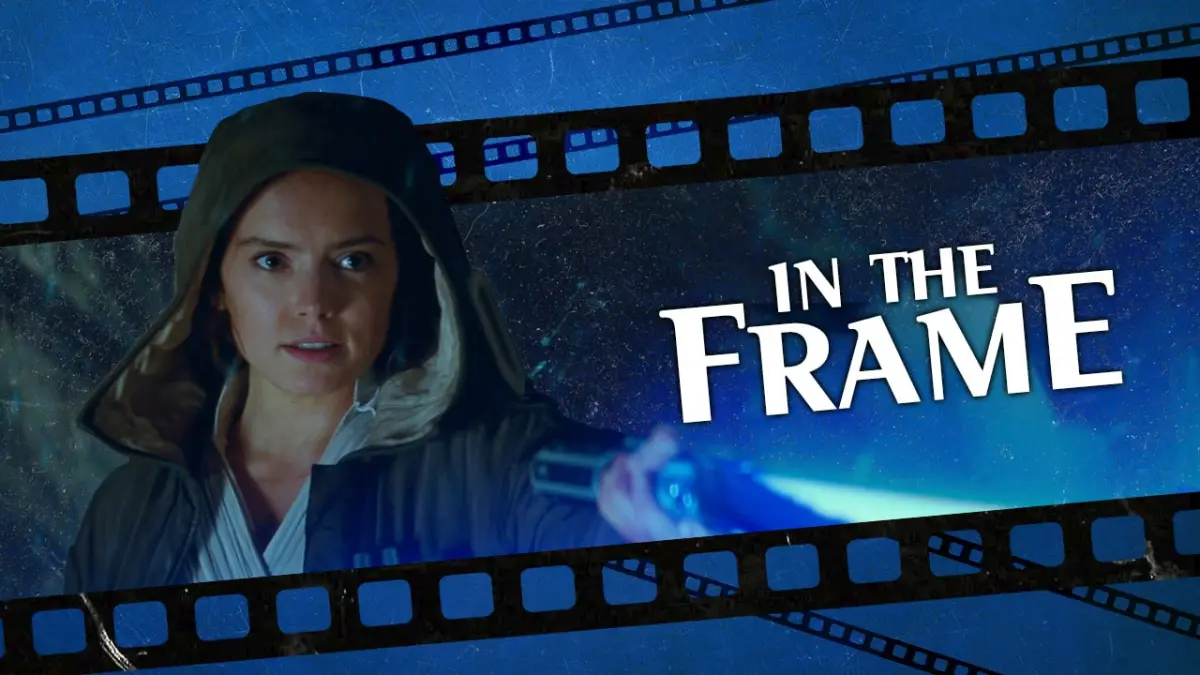




Published: Sep 21, 2020 11:00 am